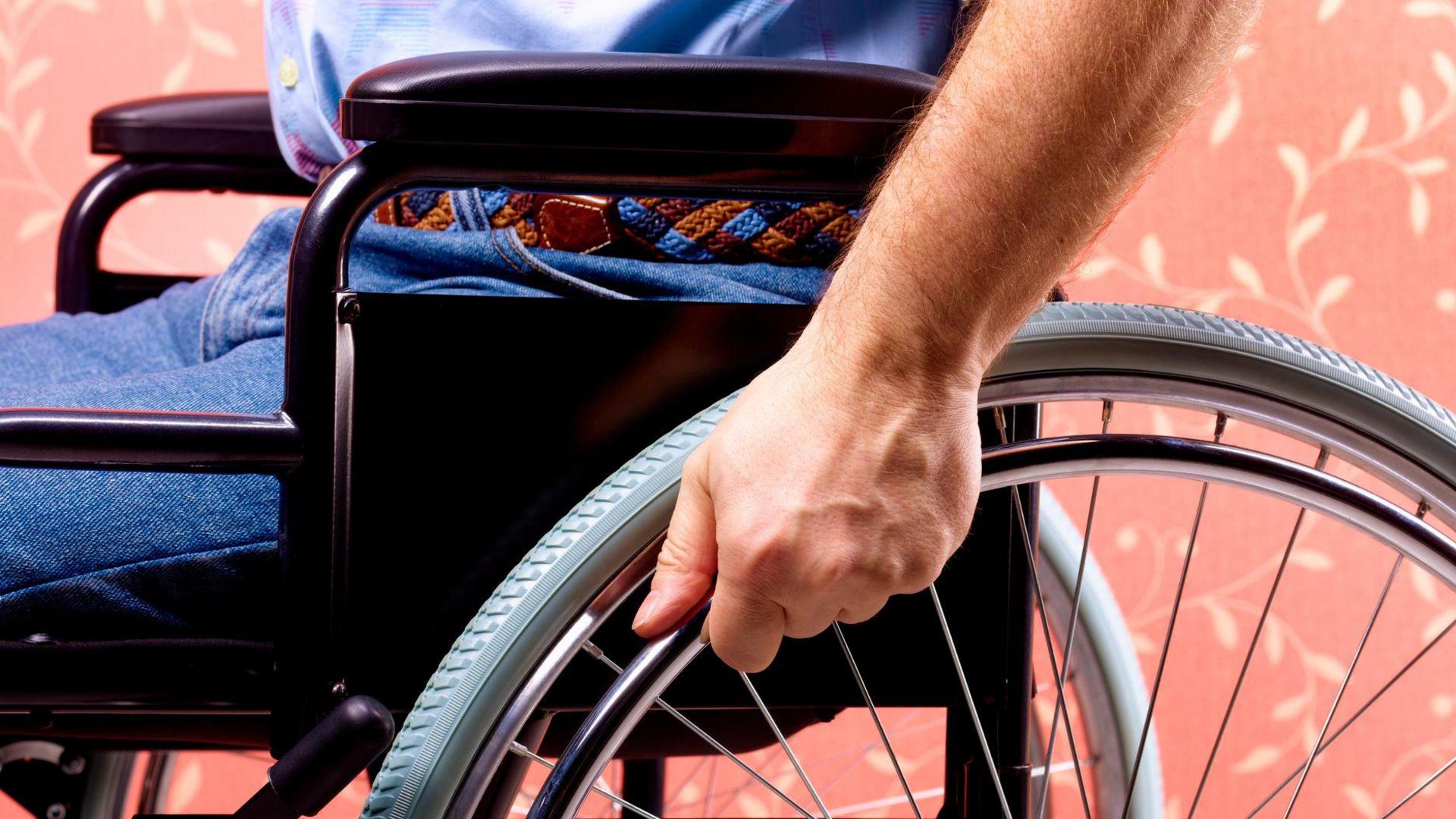Frustration over lack of vital healthcare equipment
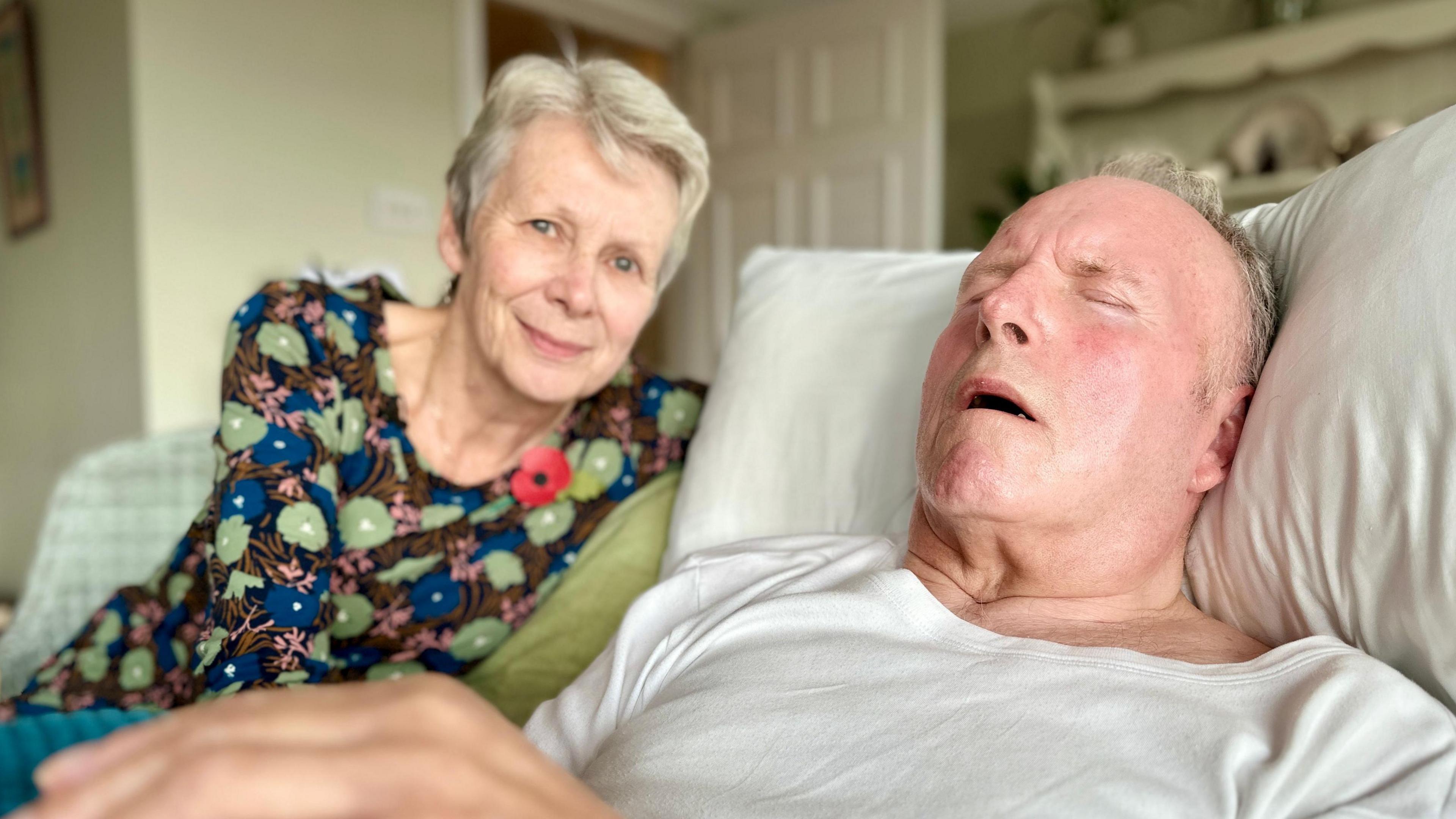
Anne Scowen has been trying to get a hoist for her husband Ray so he can sit in a chair
- Published
Patients and carers have said they are suffering from a lack of vital healthcare equipment after the collapse of a major supplier.
NRS Healthcare had contracts to supply about 40% of the equipment needed in the community in England, before going into liquidation in August.
The NHS and local councils, who organise items including wheelchairs, hoists and specialist mattresses, said "urgent" and "essential" equipment was being provided and they were working hard to restore full services.
But the BBC has spoken to carers who said they have repeatedly tried and failed to get what they need.
"I've sat and had to watch my husband deteriorating," said Anne Scowen, from Portsmouth.
Her husband Ray is in the advanced stages of Alzheimer's and when he lost the ability to walk, she wanted him to be able to sit in a chair.
But without a hoist, carers are not able to lift him, so he has been confined to a bed for months.
When he lost the ability to walk, Anne Scowen wanted her husband Ray to still be able to sit in a chair
Mrs Scowen said: "By the time that it was decided that they would do a risk assessment for a hoist, NRS had gone out of business and there weren't any hoists and that was August, and there still isn't any hoist and we're now in November.
"I just feel it's wrong because if he'd been in a chair, he might have been able to go in a wheelchair.
"If he went in a wheelchair, we could have taken him out in the garden in the summer."
Joseph Brunwin, head of policy and practice at the Royal College of Occupational Therapists, said he was "deeply concerned" about NRS's collapse.
"Therapists are telling us they're struggling to deliver care in the community without the tools they need and this is putting avoidable pressure on individuals and families," he said.
More stories from the South
Park cordoned off as police investigate rape
- Published6 November
In pictures: Beaver supermoon seen in the south
- Published6 November
Hoard of Tudor gold coins fetches over £380,000
- Published6 November
Eric Watts said his wife Val, whose dementia is in the advanced stages, developed three pressure sores after being discharged from hospital because he could not get her the specialist airflow mattress she needed.
"But for the brilliant work that the nurses and carers have done, the bed sores could have really gone very bad," he said.
Mr Watts said his wife was now too frail to lift on to a different mattress, so the hoist he has for moving her is sitting idle.
"Somebody else might need it and we've got other equipment as well, a commode and dressing chair," he said.
"They said they would come and get it when they were sorted out, but no one's been yet."
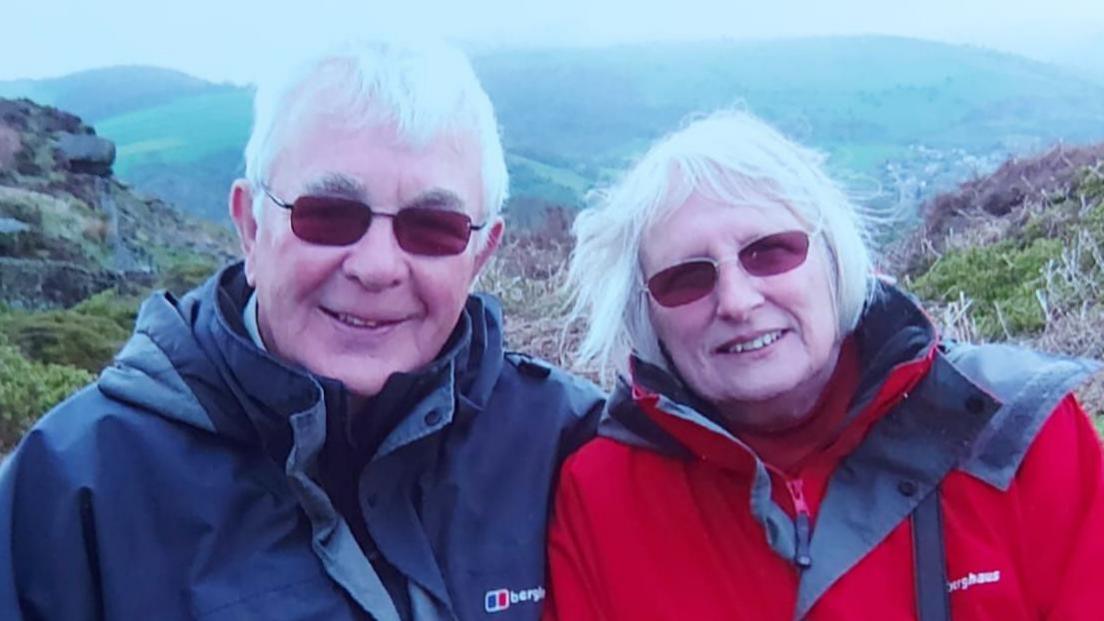
Eric Watts believes his wife Val would not have developed bed sores had she had an airflow mattress
Mel Willis's wife June, who had temporal lobe dementia, died on 7 August, surrounded by family.
He was shocked when her bed was whisked away within hours, he suspects because of the shortage.
"This was about five o'clock in the evening. By eight o'clock the next morning they were round, collecting the bed, the mattress, everything, and that was it, they were gone," he said.
"I think you ought to give the person time to grieve. I really do. I think at least a day.
"But the room was absolutely empty and I just couldn't get over it."
Healthwatch Hampshire believes a recent restructuring of local NHS services has made things even more difficult for patients and carers.
The watchdog's area director, Siobhain McCurrach, called for better communication between different departments, patients and carers, as well as "offering more frequent assessments of people's care needs".
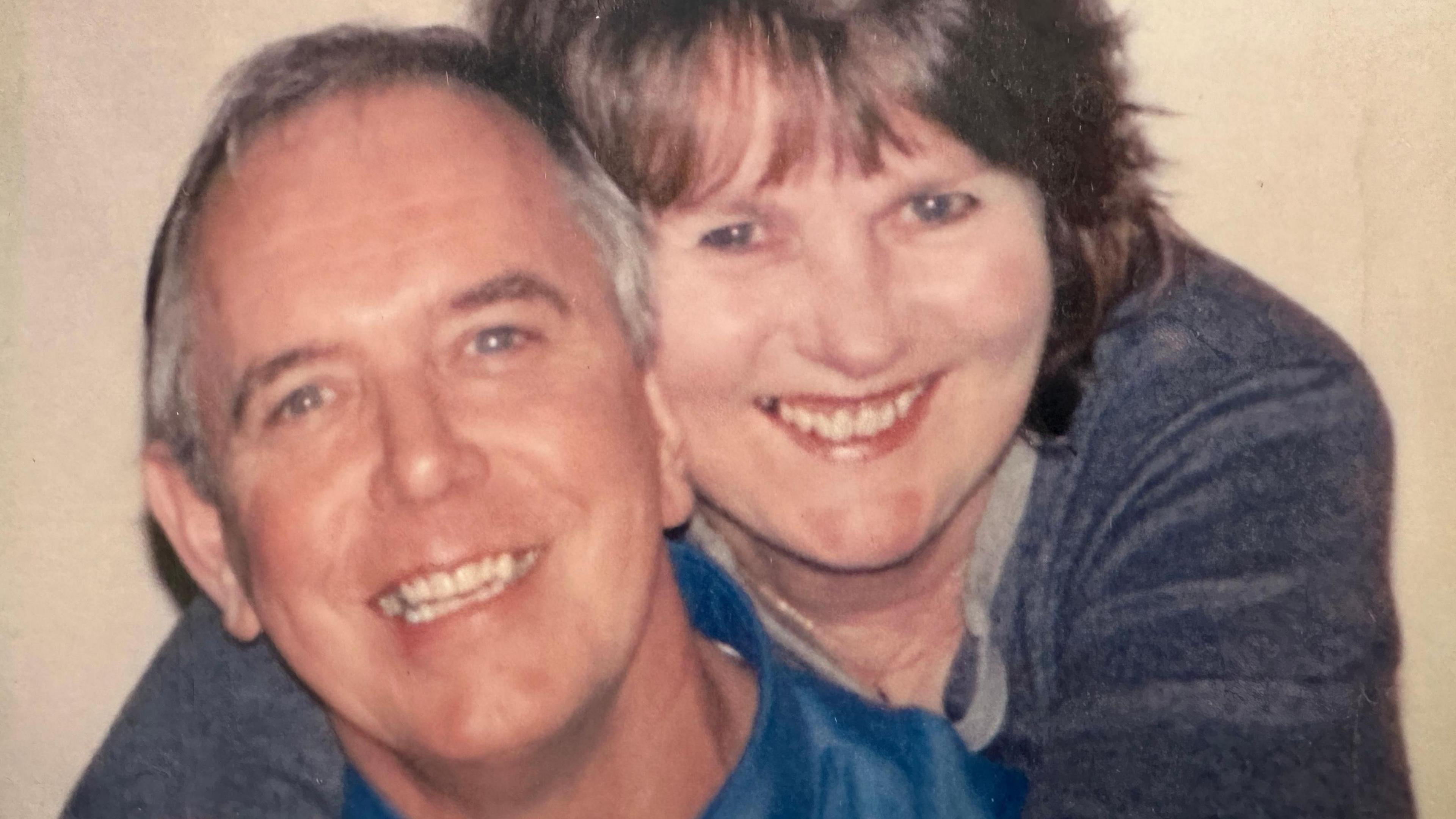
Mel Willis's wife June died on 7 August surrounded by family
The healthcare equipment contract in Anne, Eric and Mel's area is managed by Portsmouth and Southampton City Councils.
In a joint statement the councils said they took "immediate action" following the collapse of NRS, moving to a new provider "without significant disruption".
They said: "Where essential equipment is needed to support hospital discharge or to meet urgent health and care needs, it has been provided."
A "full catalogue" of equipment was restored at the end of October, they added.
Berkshire's supply of equipment for patients in the community is managed by West Berkshire Council.
Portfolio holder Patrick Clark said NRS's demise caused "a lot of overtime".
He said: "We've had to spend a lot of time coming up with contingency plans to ensure that the services are continuing to be provided.
"We're taking it on a case-by-case basis, doing the best we can, and it is looking promising."
Many councils told the BBC it was "too early" to know how much the upheaval would cost.
Oxfordshire County Council said for the remainder of this financial year, its provisional estimate for setting up an emergency service and a new contract with another provider was about £672,000, which may indicate an annual cost of £1m.
It thanked staff for "maintaining access to essential equipment" in "challenging" conditions and was "committed" to delivering value for money and the "best" support.
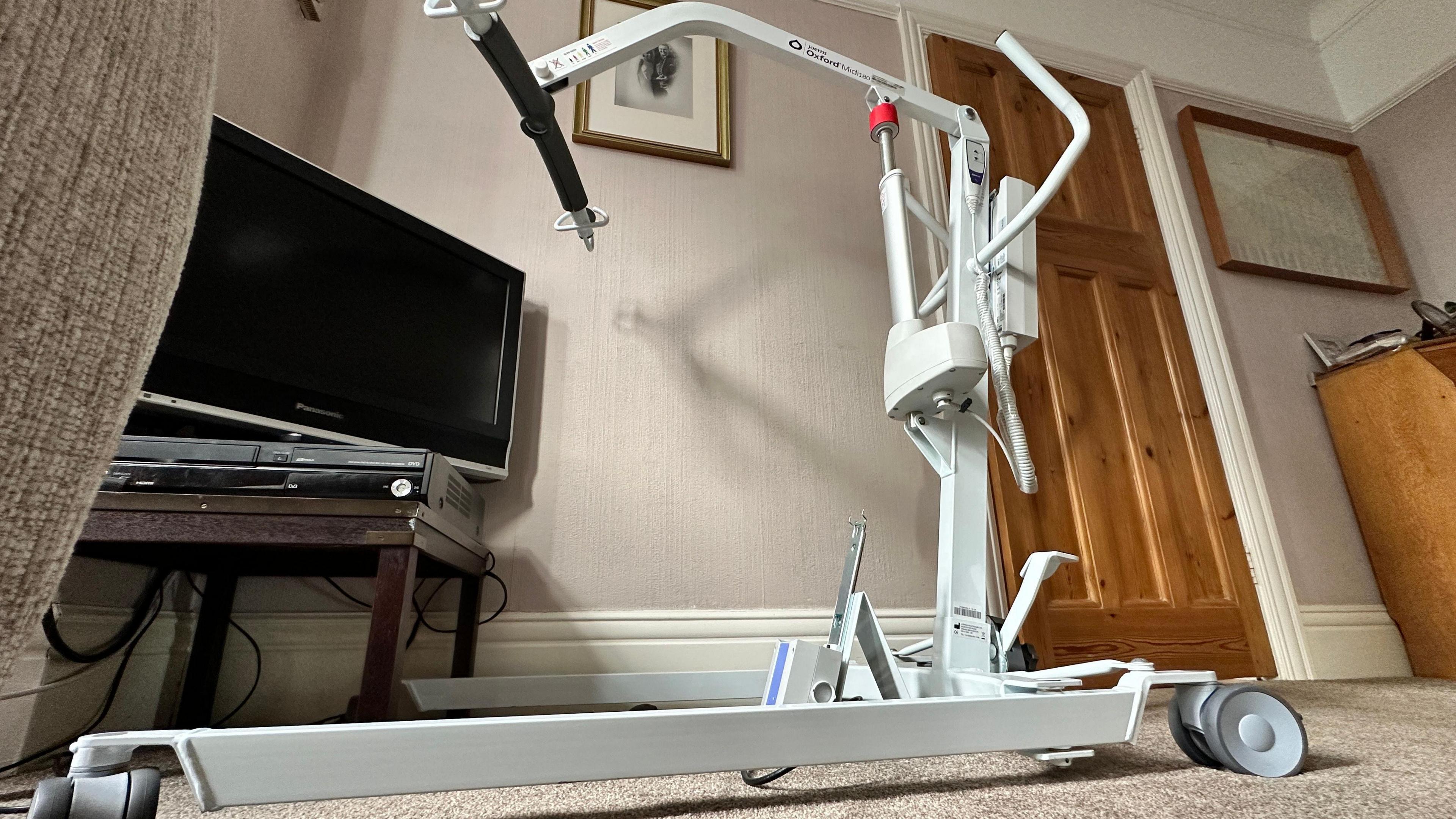
In some cases equipment that is not needed is sitting unused in patients' homes
A Department of Health and Social Care spokesperson said when NRS folded "the government stepped in immediately with emergency support to protect patients and provide local councils with more time" to make alternative arrangements.
It added: "Local authorities are legally responsible for ensuring people get the equipment they need and must meet the needs of individuals in their area."
A Local Government Association spokesperson said councils had been collaborating and where possible sharing supplies to maintain access and control costs, as well as prioritising those with "urgent and critical" needs.
They also said the collapse of NRS has reinforced how "critical" the service was and councils were working towards a "more transparent, robust, and proactive" future delivery.
You can follow BBC Hampshire & Isle of Wight on Facebook, external, X (Twitter), external, or Instagram, external.
Related topics
- Published3 August

- Published1 August
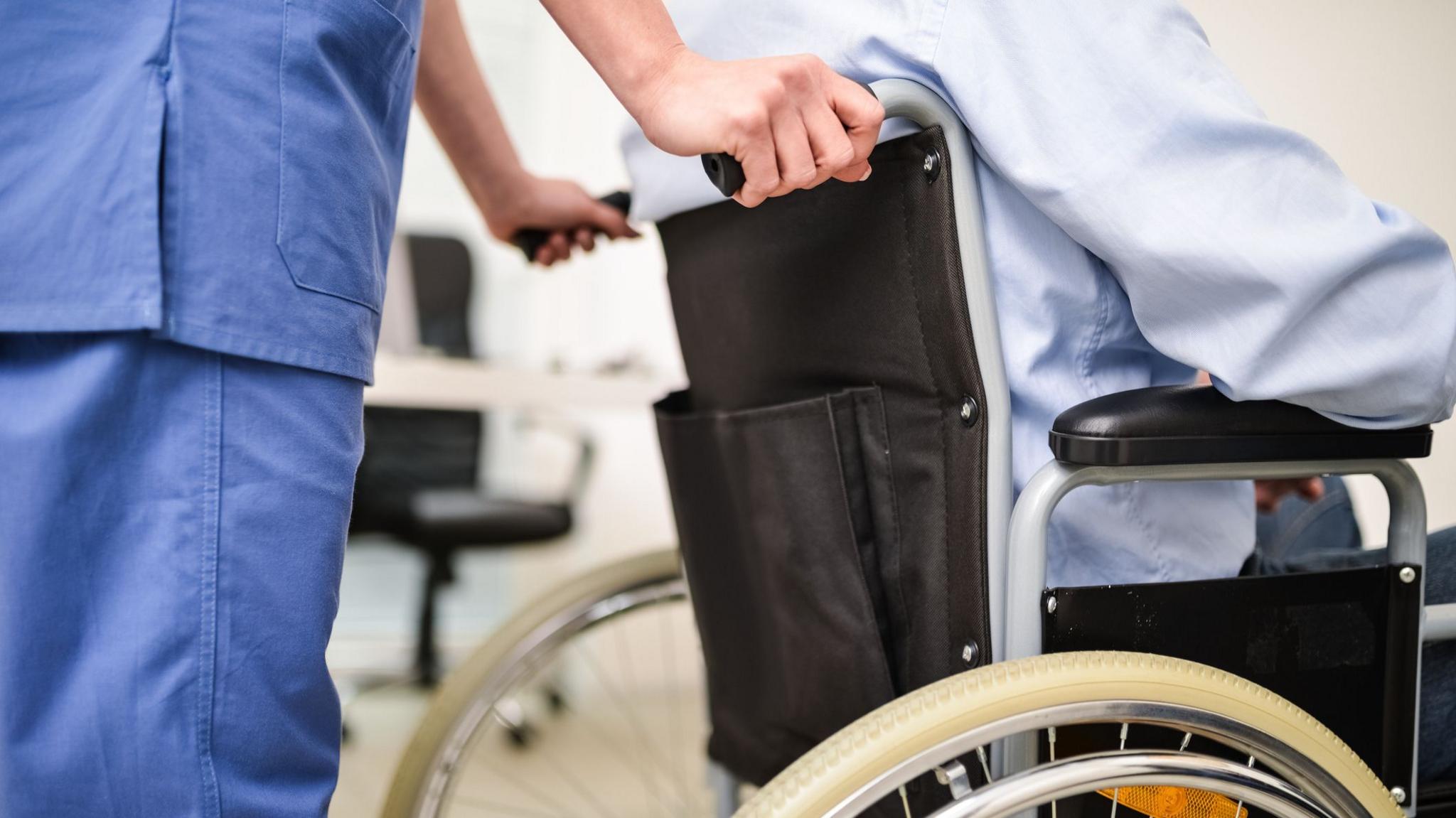
- Published30 July
